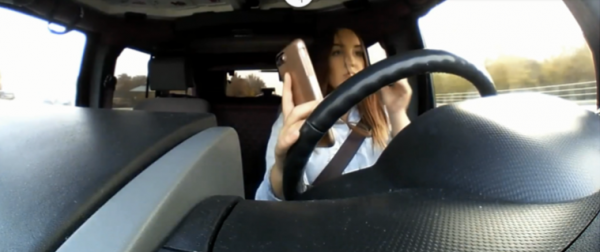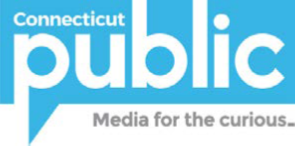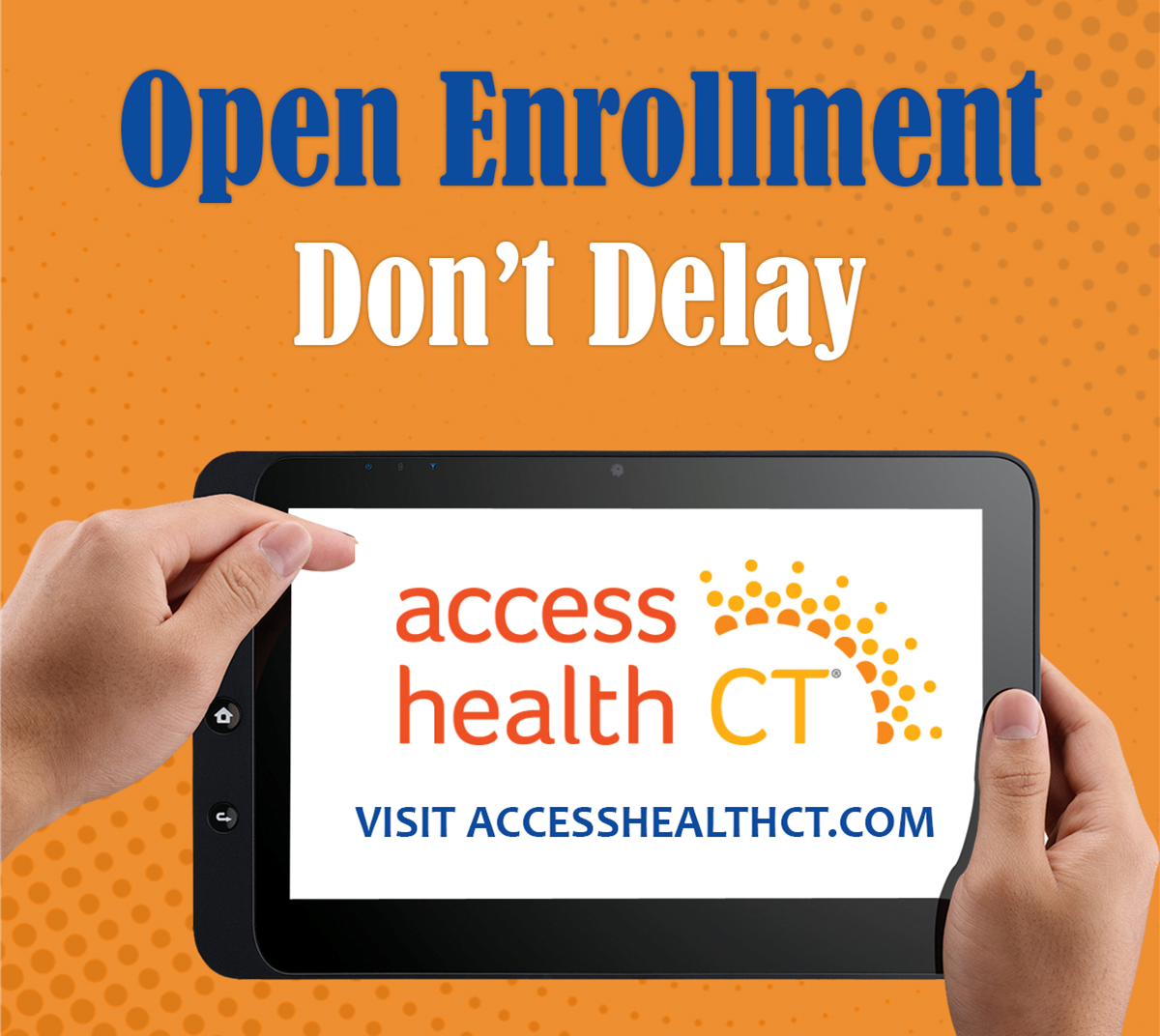Avon Library to Explore First Amendment, Freedom of the Press
/Thomas Jefferson’s famous quote, “our liberty depends on the freedom of the press, and that cannot be limited without being lost,” is the centerpiece of a lecture series hosted by the Avon Public Library examining freedom of the press in America’s democracy.
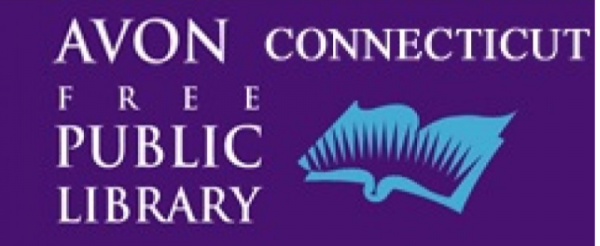 Anti-media rhetoric from President Trump, which was a constant during his campaign and since, has spurred interest in the topic. The discussions in Avon, which are free, will be led by local educators and historians and continue into the fall.
Anti-media rhetoric from President Trump, which was a constant during his campaign and since, has spurred interest in the topic. The discussions in Avon, which are free, will be led by local educators and historians and continue into the fall.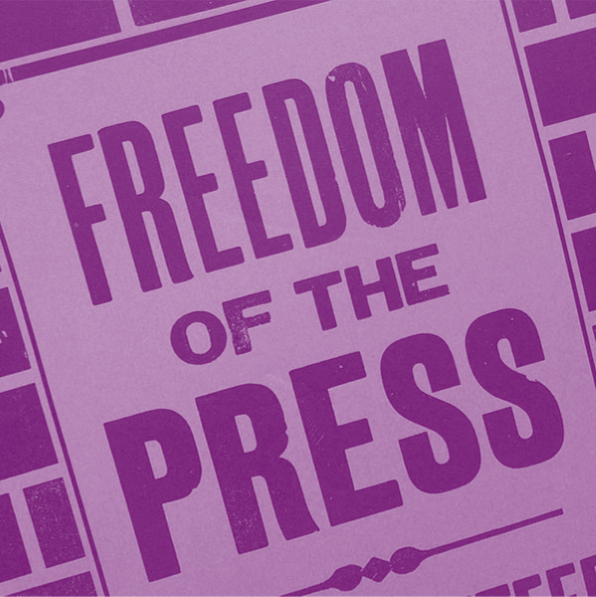
Upcoming sessions are:
Discovering Katherine Graham - Wednesday, August 15, 2018, 2:00 pm: This program will consider relevant sections of Katherine Graham’s Pulitzer Prize winning biography, Personal History (1997) alongside the film adaptation, The Post . It will focus on Graham’s representations of the Newspaper Guild and the pressman’s strike, the Pentagon Papers, the Watergate Affair, and the Vietnam War in light how The Post depicts the struggle to uphold the principles of journalistic integrity when faced with adversity. The literature discussion will be led by Aimee Pozorski, CCSU English Department; film discussion will be led by Dr. Karen Ritzenhoff, CCSU Communication Department.
“We Hold These Truths”: The Declaration of Independence; A Single Page that Changed the World - Tuesday, August 21, 2018, 2:00 pm: An interactive and illustrated discussion about the events surrounding the adoption of the Declaration of Independence by the Second Continental Congress will be led by Bev York, Education Director for the Windham Textile and History Museum. Attendees are asked to review the declaration of Independence prior to the session.
The Bill of Rights for High School Students - Wednesday, September 12, 2018, 3:00 pm: What can students say and do to exercise the First Amendment right of free speech and freedom of religion in schools? How has the Supreme Court ruled on these issues, and what avenues of redress are open to students if they think that their rights have been violated? These and other questions will be explored in this session, led by Stephen McGrath, CCSU History Department. It is geared for teens, but attendance is not limited.
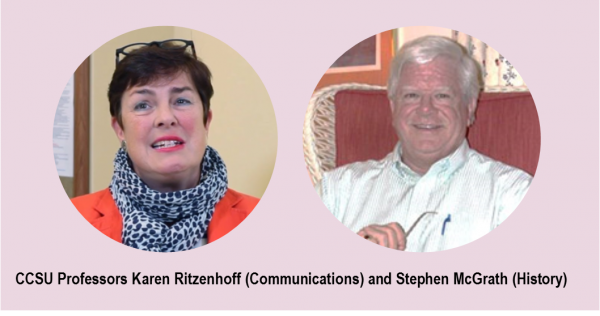 The Popularity of Alexander Hamilton - Thursday, September 13, 2018, 3:00 pm: An illustrated talk about the inspiring story of the Alexander Hamilton, and his contributions, struggles, and tragic death. After years of being perceived as having only a supporting role, Hamilton’s star has risen, confirming his belief that “Those who stand for nothing fall for anything.” The discussion will be led by Bev York, Education Director for the Windham Textile and History Museum.
The Popularity of Alexander Hamilton - Thursday, September 13, 2018, 3:00 pm: An illustrated talk about the inspiring story of the Alexander Hamilton, and his contributions, struggles, and tragic death. After years of being perceived as having only a supporting role, Hamilton’s star has risen, confirming his belief that “Those who stand for nothing fall for anything.” The discussion will be led by Bev York, Education Director for the Windham Textile and History Museum.
Social Media, the Press, and Us - Monday, September 17, 2018, 6:30 pm: The everyday reality of media use around the globe is changing rapidly due to the proliferation of smart phones, tablets and multiple screens that allow access to, and immediate dissemination of, the news. This talk will focus on the way social media is not only shaping our human relationships in a digital age but also our understanding of the world around us. How does user-generated content allow for new participatory energies to develop while also deeply affecting cultural identities and generating new types of intimacies. Lecture and discussion will be led by Dr. Karen Ritzenhoff, CCSU Communication Department.
A full description of the upcoming lectures is available, and the library also has resources available through their website, at www.avonctlibrary.info.


 According to state Department of Education data, enrollment in 2007-08 was 574,848, which slid down to 535,025 this past year, a decline of 39,823 students, or just under 7 percent.
According to state Department of Education data, enrollment in 2007-08 was 574,848, which slid down to 535,025 this past year, a decline of 39,823 students, or just under 7 percent.

 Her work at C-CHANGE is designed to accelerate and strengthen public education on climate change and pollution issues, bringing the science down to the individual level, highlighting the impacts on people, rather than the planet.
Her work at C-CHANGE is designed to accelerate and strengthen public education on climate change and pollution issues, bringing the science down to the individual level, highlighting the impacts on people, rather than the planet.
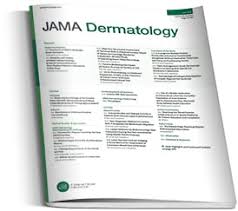
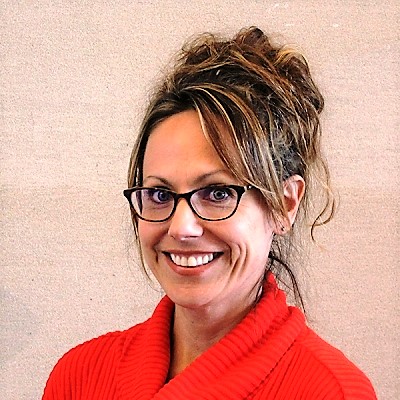 Pagoto is also Director of the UConn Center for mHealth and Social Media. She is also a licensed clinical psychologist her research focuses on leveraging technology in the development and delivery of behavioral interventions targeting diet, physical activity, and cancer prevention behaviors. She has had federal funding for her program of research for 14 consecutive years, totaling over $11 million, and has published over 170 papers in peer-reviewed journals, according to the UConn website.
Pagoto is also Director of the UConn Center for mHealth and Social Media. She is also a licensed clinical psychologist her research focuses on leveraging technology in the development and delivery of behavioral interventions targeting diet, physical activity, and cancer prevention behaviors. She has had federal funding for her program of research for 14 consecutive years, totaling over $11 million, and has published over 170 papers in peer-reviewed journals, according to the UConn website.

 The review of the research, conducted by Connecticut-based Rodriguez Data Solutions, points out that policymakers often promote K-12 regionalization as a way to achieve cost savings, but often fail to consider the consequences for student educational achievement. The report reviewed initiatives to promote K-12 regionalization in several states including Connecticut, Maine, New York and Vermont. Among the findings:
The review of the research, conducted by Connecticut-based Rodriguez Data Solutions, points out that policymakers often promote K-12 regionalization as a way to achieve cost savings, but often fail to consider the consequences for student educational achievement. The report reviewed initiatives to promote K-12 regionalization in several states including Connecticut, Maine, New York and Vermont. Among the findings:
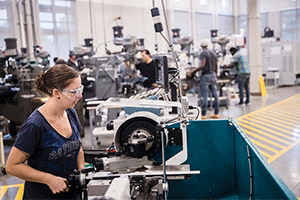
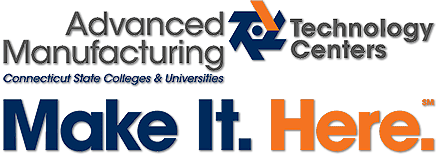 The state currently operates advanced manufacturing programs at Asnuntuck, Housatonic, Manchester, Middlesex, Naugatuck Valley, Quinnebaug Valley and Three Rivers community colleges.
The state currently operates advanced manufacturing programs at Asnuntuck, Housatonic, Manchester, Middlesex, Naugatuck Valley, Quinnebaug Valley and Three Rivers community colleges.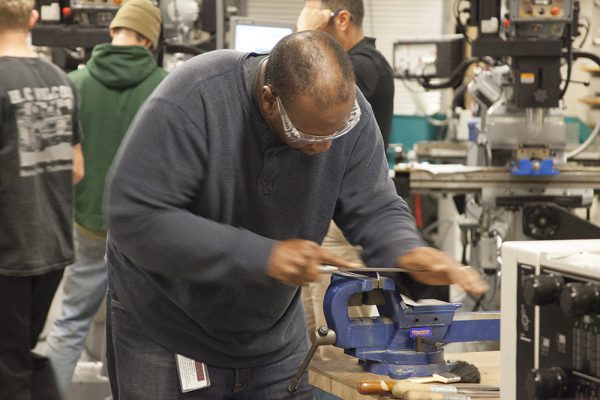
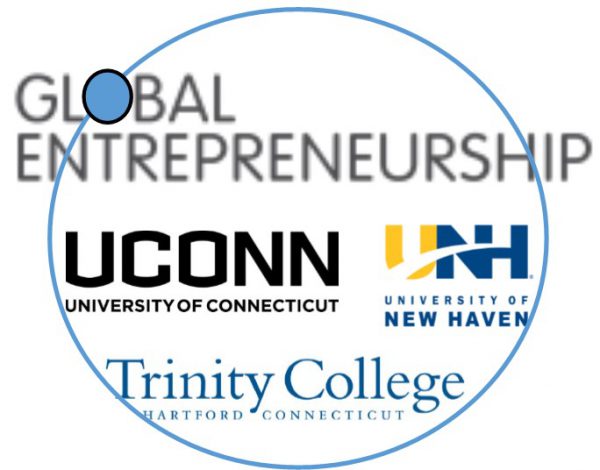
 The three institutions will work during the next few months to develop the curriculum, establish an advisory board, create a virtual inter-institutional platform, and plan to start recruiting for the first cohort of students. All three institutions have a lengthy pedigree in engineering, and effective programs to advance entrepreneurship at the undergraduate level. UNH
The three institutions will work during the next few months to develop the curriculum, establish an advisory board, create a virtual inter-institutional platform, and plan to start recruiting for the first cohort of students. All three institutions have a lengthy pedigree in engineering, and effective programs to advance entrepreneurship at the undergraduate level. UNH 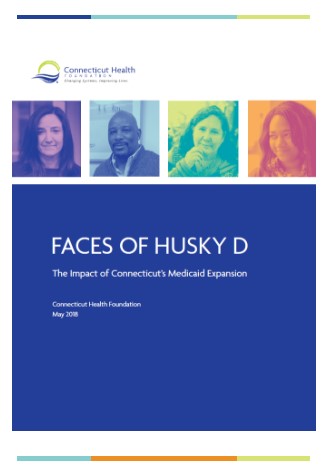
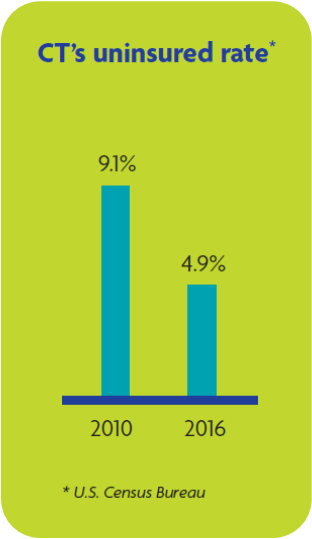
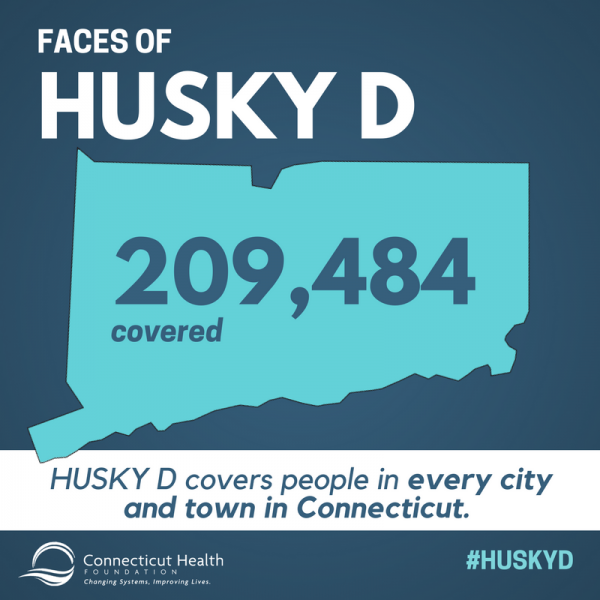 han 90 percent of the cost of the program, allowing Connecticut to cover more than 200,000 people with a relatively small budgetary impact.” Currently, the federal government pays 94 percent of the cost of coverage and the state pays 6 percent. The report also identifies challenges associated with HUSKY D, including concerns raised by health care providers about Medicaid payment rates and uncertainty in federal funding.
han 90 percent of the cost of the program, allowing Connecticut to cover more than 200,000 people with a relatively small budgetary impact.” Currently, the federal government pays 94 percent of the cost of coverage and the state pays 6 percent. The report also identifies challenges associated with HUSKY D, including concerns raised by health care providers about Medicaid payment rates and uncertainty in federal funding.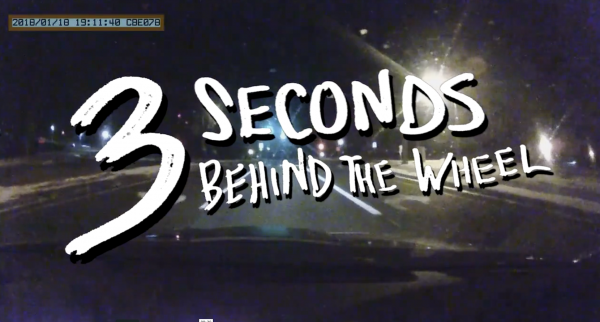 3 Seconds Behind the Wheel, which debuts on Connecticut Public on Thursday evening, is a new
3 Seconds Behind the Wheel, which debuts on Connecticut Public on Thursday evening, is a new  The film also gives audiences a firsthand look at emerging technologies that could one day offer solutions to rising crash statistics. The documentary follows researchers at Google who are using driving simulators to develop next-generation in-car infotainment systems, and explores how one Swedish company is experimenting with technology that could one day allow cars to understand human feelings and make driving decisions based on individual needs.
The film also gives audiences a firsthand look at emerging technologies that could one day offer solutions to rising crash statistics. The documentary follows researchers at Google who are using driving simulators to develop next-generation in-car infotainment systems, and explores how one Swedish company is experimenting with technology that could one day allow cars to understand human feelings and make driving decisions based on individual needs.